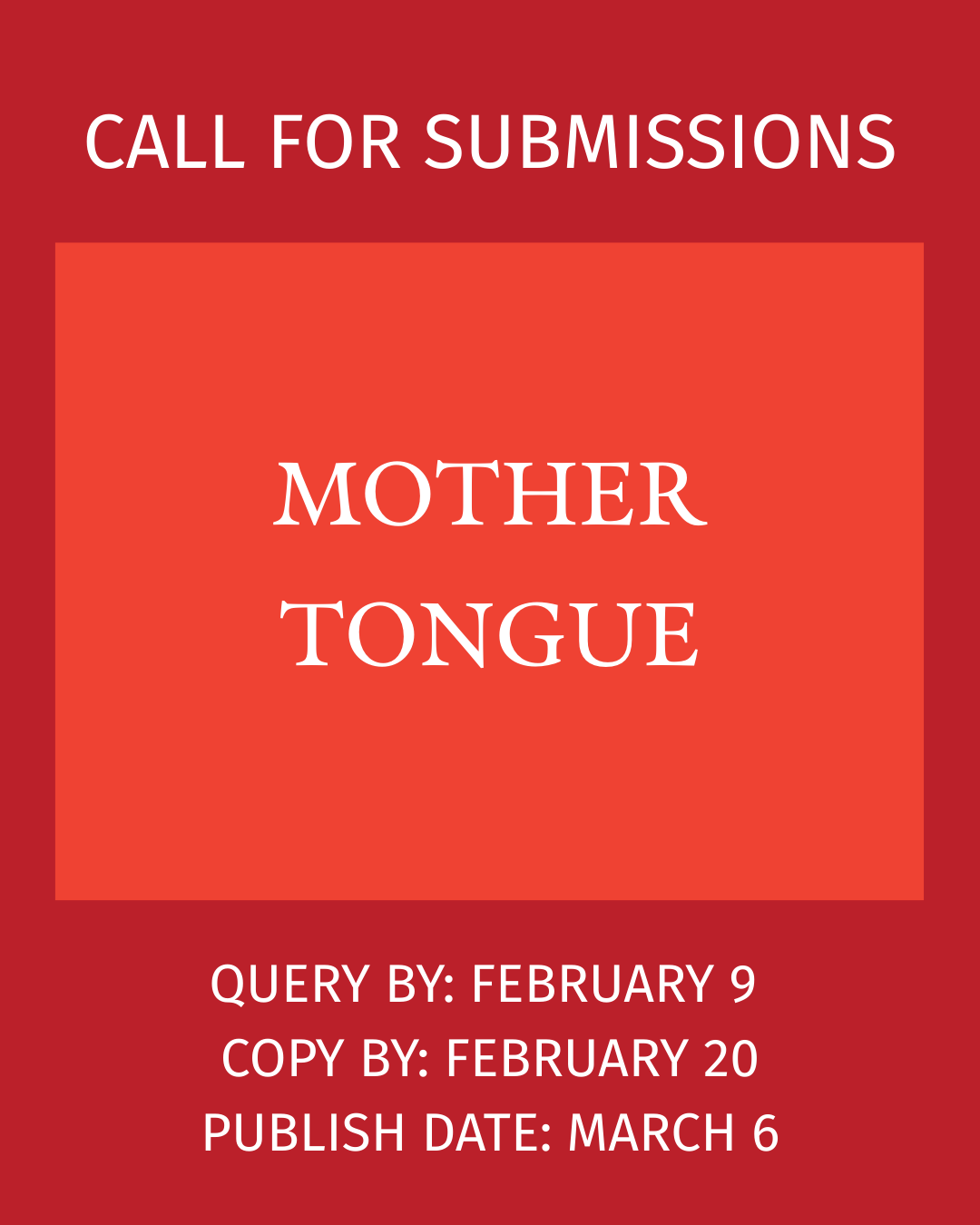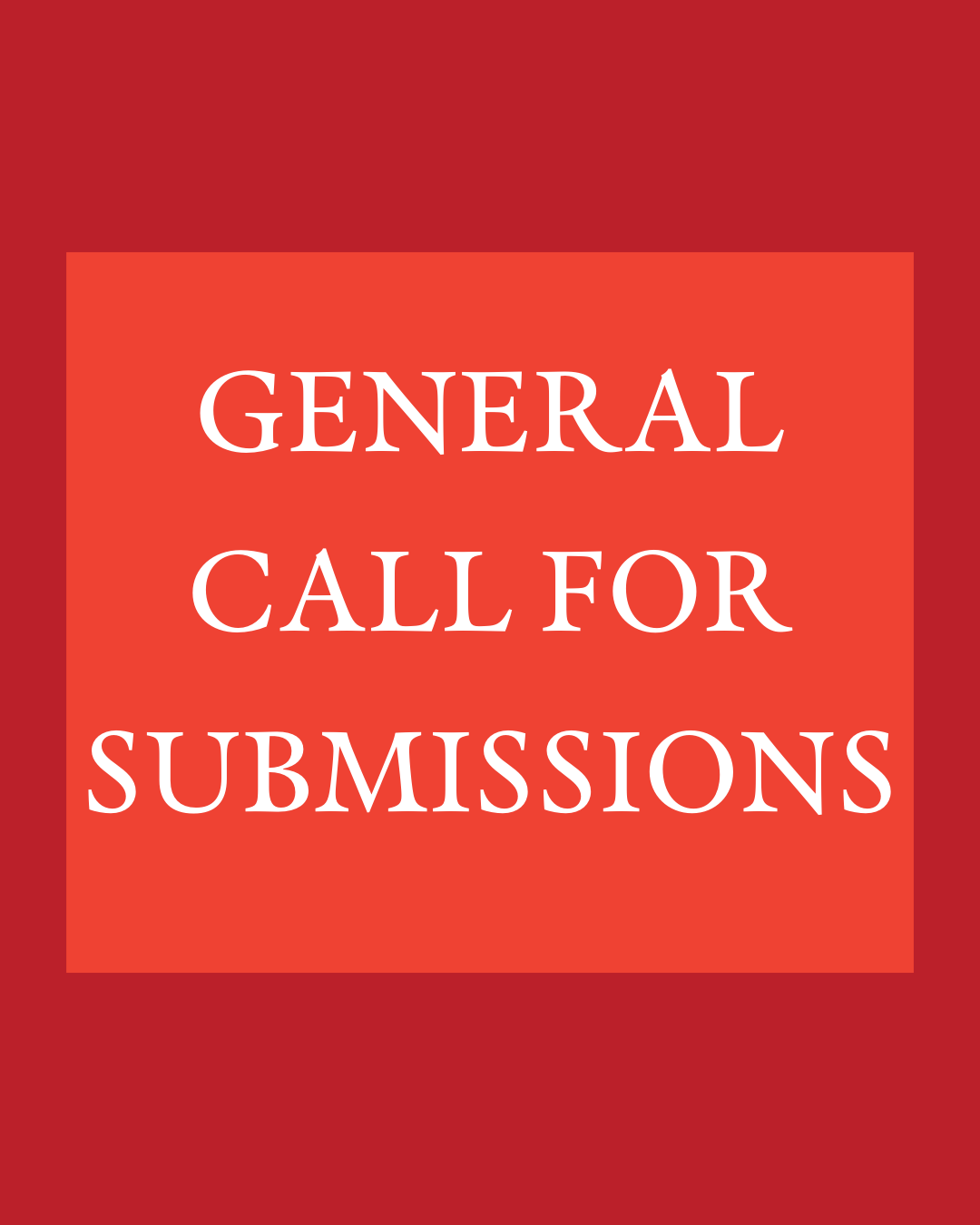We are all born with a mother tongue, though it is not always necessarily the tongue in which we feel most at ease as we grow up. Sometimes because this mother tongue has been lost along the way, quietly and passively, through unease and disuse, often as a result of pressure to assimilate, be it familiar or cultural; at other times, this loss can be swifter, and more aggressive, via migration, forced exile, or outright policies designed to estrange us from our language(s) of origin. Beguiling and chimeric, a mother tongue is not always as easily acquired (and maintained) as we believe, nor as maternal and nurturing as we are taught. Sometimes it is imposed, cold as steel. Maternal languages are usually — rightly or wrongly — associated with authenticity, whether of expression or identity, which in turn inspires shame, pride, or longing, and often all of these at once. But no matter how distant, our mother tongues remain a kind of homeland, a map back to our earliest forms of expression.
Here at The Markaz Review, we are endlessly fascinated by the myriad paths language can take, and notably how different languages intersect, collide, clash, or merge. We are especially intrigued by the so-called “major” and “minor” languages of a country or region, for instance, Tamazight, spoken by Morocco’s indigenous inhabitants, or the Kurdish spoken in Turkey and Iraq.
For our first bimonthly issue of 2026, MOTHER TONGUE, we are looking for tales of tongues — forked, split, wounded, enchanted, inherited, castaway, and more. We welcome your interpretation of the theme, whether it be centered on “mother” or “tongue,” in the form of compelling essays, short stories, poetry, art, reviews, and commentaries, as well as reflections about translation. Tell us which tongue you speak, or wish you spoke, and most importantly, tell us the why. DUOSUMA

In addition to six bimonthly themed issues a year, The Markaz Review publishes regular weekly pieces. Our mission is broad but specific: to amplify voices from the “center of the world”—the Middle East, North Africa, and Southwest Asia (SWANA). In a world riven by injustice and inequality, we seek writing from and about these regions oft-overlooked, dismissed, and/or reduced to caricature and stereotype in and by western narratives. To this end, we invite submissions all year-round: essays, feature articles, short stories, memoir, translations, creative nonfiction, poetry, reviews of books, film, music, art, and theatre, as well as compelling profiles and interviews. For specific information about submissions (e.g., word length and how to query), please review our FAQ section. TMR is open to both emerging and established writers, and to writing in multiple languages, with a single caveat: literary excellence. So go ahead — wow us, surprise us, impress us, humble us, teach us. DUOSUMA
